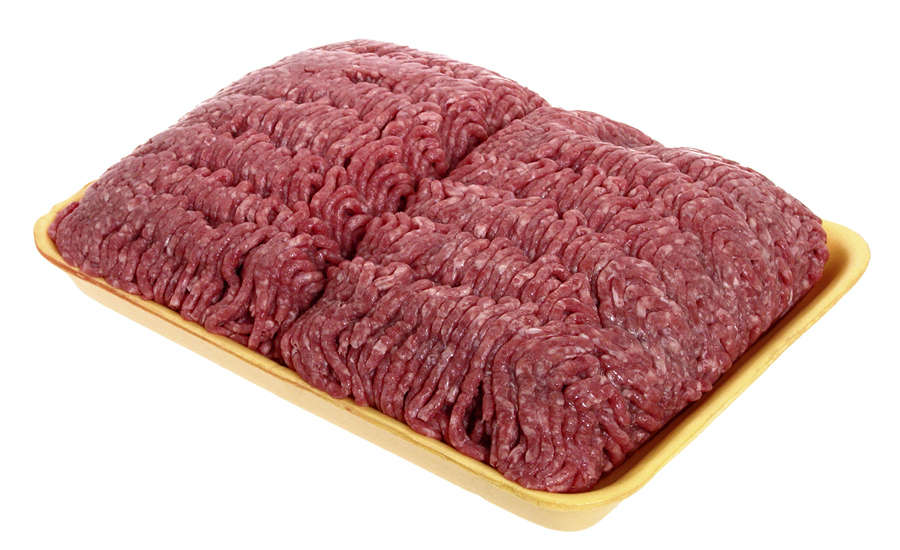Study: Consumers expect to keep protein on their shopping lists
The Cargill study found 93% of respondents across the United States, Brazil, the Netherlands and Vietnam say they care about the ability to feed the world sustainably, with 84% saying that it impacts what they buy.

Meat, fish and eggs can be an important parts of a healthy and environmentally responsible diet, say consumers in new global research from Cargill, Minneapolis. And, they plan to keep eating them too, along with plant-based dietary protein. In fact, more than two-thirds of respondents say they intend to maintain or increase their consumption of animal protein in the next year, while four-fifths of participants express interest in plant-based or alternative sources of protein.
“We’re pleased consumers see animal protein as an important part of a healthy diet,” says Chuck Warta, president of Cargill’s premix and nutrition business. “Dietary guidance consistently emphasizes the benefits of adequate protein intake from a variety of sources. Our aim is to help our livestock, poultry and aquaculture customers meet the growing global demand for protein in the most healthy, productive and sustainable way possible.”
In its latest Feed4Thought survey, Cargill found 93% of respondents across the United States, Brazil, the Netherlands and Vietnam say they care about the ability to feed the world sustainably, with 84% saying that it impacts what they buy. Animal protein makes the cut, according to most consumers, with 80% of survey participants saying it can be part of an environmentally responsible regimen and 93% saying it can play an important role in a healthy diet.
“Access to poultry, meat and eggs can rapidly improve people’s diets and have a major impact on their lives,” says Pierre Ferrari, president and CEO of Heifer International.
Cargill partnered with Heifer International, Little Rock, Ark., to launch Hatching Hope, an initiative aimed at improving the nutrition and livelihoods of 100 million people by 2030.
“We’re investing in smart, resourceful women farmers, working with them to improve their products, access new markets and build sustainable businesses that generate living incomes,” says Ferrari.
Consumers also expect companies like Cargill to step up. When asked who bears most responsibility for ensuring food production is sustainable, almost a third of participants selected food and feed manufacturers as their top choice. Governments came in second (25%) and then consumers via the foods produced (20%).
Focusing on a broad set of sustainability challenges, from greenhouse gasses to well-being, respondents globally were evenly split between wanting livestock, poultry and fish farmers to focus on reducing antibiotics, using feed with sustainable ingredients, reducing pollutants and “doing more with less” (e.g. improving feed efficiency).
“One of the least told, but most significant stories in agriculture today, is the incredible progress we are making in helping farmers do more with less,” says Warta. “All of us in agriculture want to raise our productivity and efficiency—not just so we can operate our businesses more profitably, but [also] so we can steward resources for the next generation who will take over someday.”
Looking for a reprint of this article?
From high-res PDFs to custom plaques, order your copy today!





